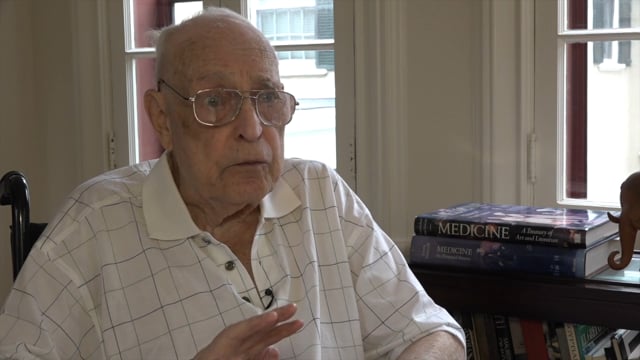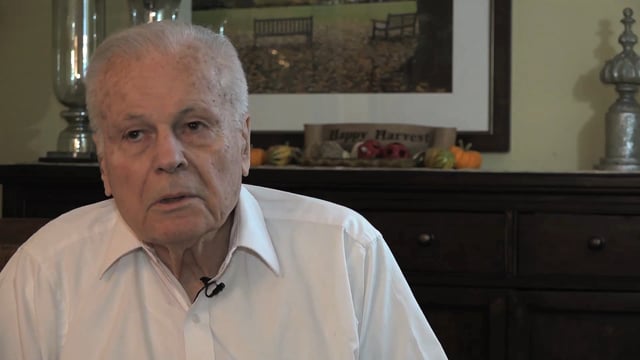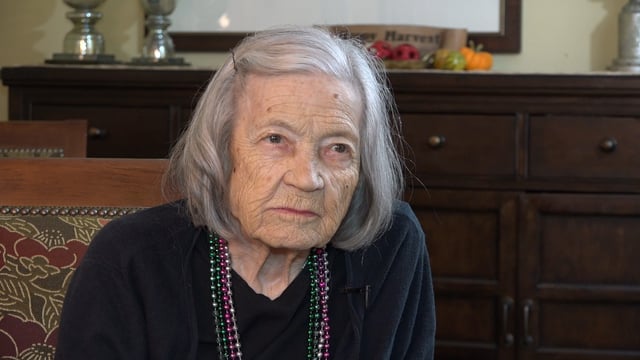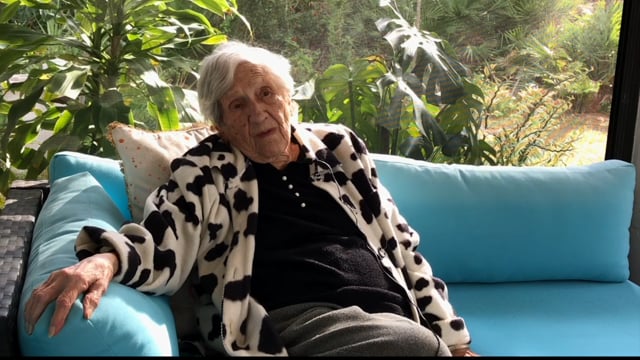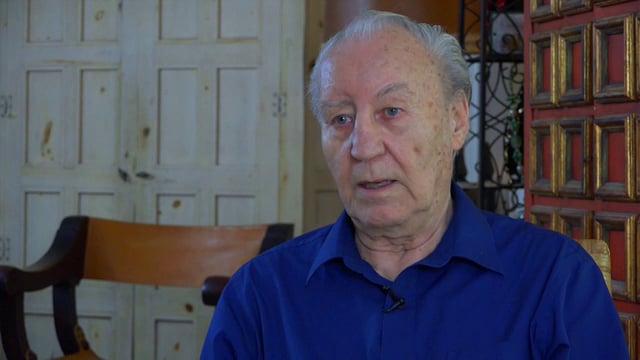Baroness Éva Bálintitt (née baroness Éva Apor de Altorjai)
1956erBaroness Éva Bálintitt (née baroness Éva Apor de Altorjai)
1956er
ALL MATERIAL: COPYRIGHT CALIFORNIA EUROPEAN CULTURAL INITIATIVE / MEMORY PROJECT
Baroness Éva Apor de Altorjai (altorjai báró Apor Éva) was born on April 16, 1935 in Budapest, Hungary. She was the daughter of the baron István Apor de Altorja, a council to the minister in the government of Miklós Horthy (miniszteri tanácsos). She was related to Vilmos Apor, who was the bishop of Győr during WWII and who was later beatified for being shot as he tried to save women from the Soviet soldiers. Her mother was Margit Geréb, also of noble birth. She had one half-brother from her mother’s first marriage. The aristocratic Apor family hailed from Transylvania, from the region of Torja and the castle at Bálványos. After WWI, the family moved to Budapest, where Évá’s father served in the government. She was 9 years old when WWII broke out. During the war a bomb struck their home in Budapest and Éva’s mother died right next to her as they were hiding in the basement. After the war, her father became a class enemy and his pension was revoked. The family survived thanks to Éva’s work as a flower delivery girl at age 14. Éva’s options for education were limited to being sent to the Sacre Coeur school and then allowed to study draftsmanship, but not attend regular university. She met and married baron László Balintitt de Tövis (tövisi báró Bálintitt László) who was 23 years her senior and a decorated Huszár. His family also hailed from Transylvania and he also served as military attache to Turkey. Unusual for the times, they had a sizeable wedding with so many aristocratic guests that someone in attendance said, “I see about 1000 years of prison here.”
They fled Hungary in 1956 during the revolution and arrived to New York, where László worked at Bank of America until his retirement and Éva worked as a draftsman and cartographer. They took an active part in the Hungarian cultural and social scene in New York, attending balls and events at the Hungarian House on New York’s upper East side. They had two children and her husband lived 103 years. At times Éva regrets not staying in Europe, where she says “I would have been someone important.” But by all accounts, both she and her husband were important members of the Hungarian-American community for many years.
This interview was conducted at the Hungarian House in NYC by Reka Pigniczky and Andrea Lauer Rice in 2019.

